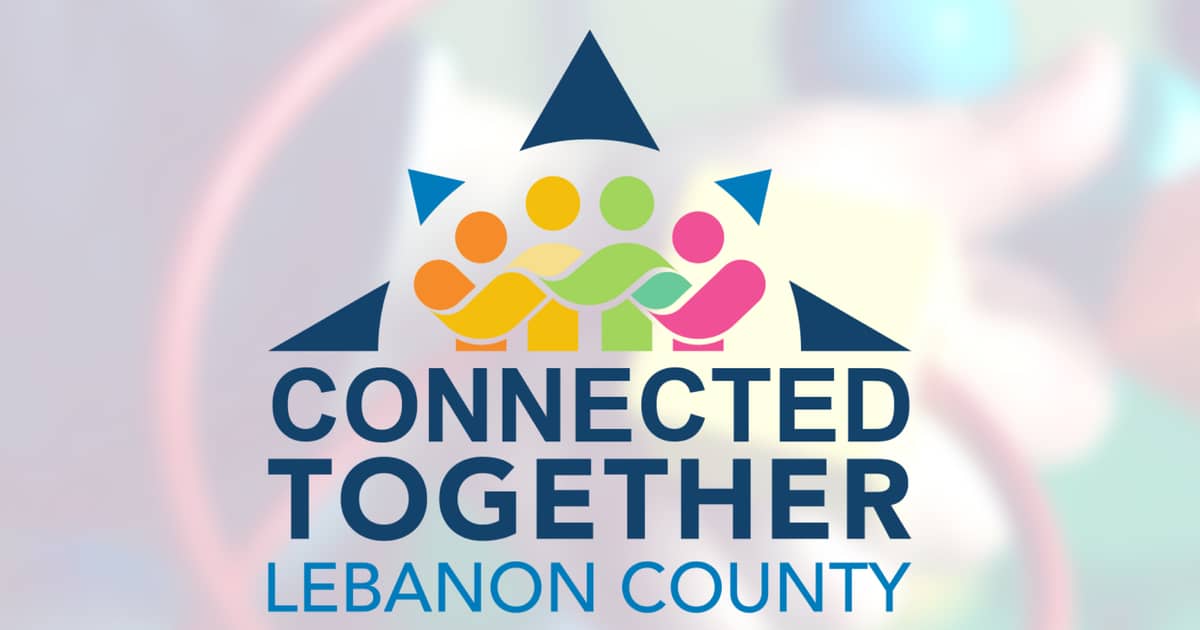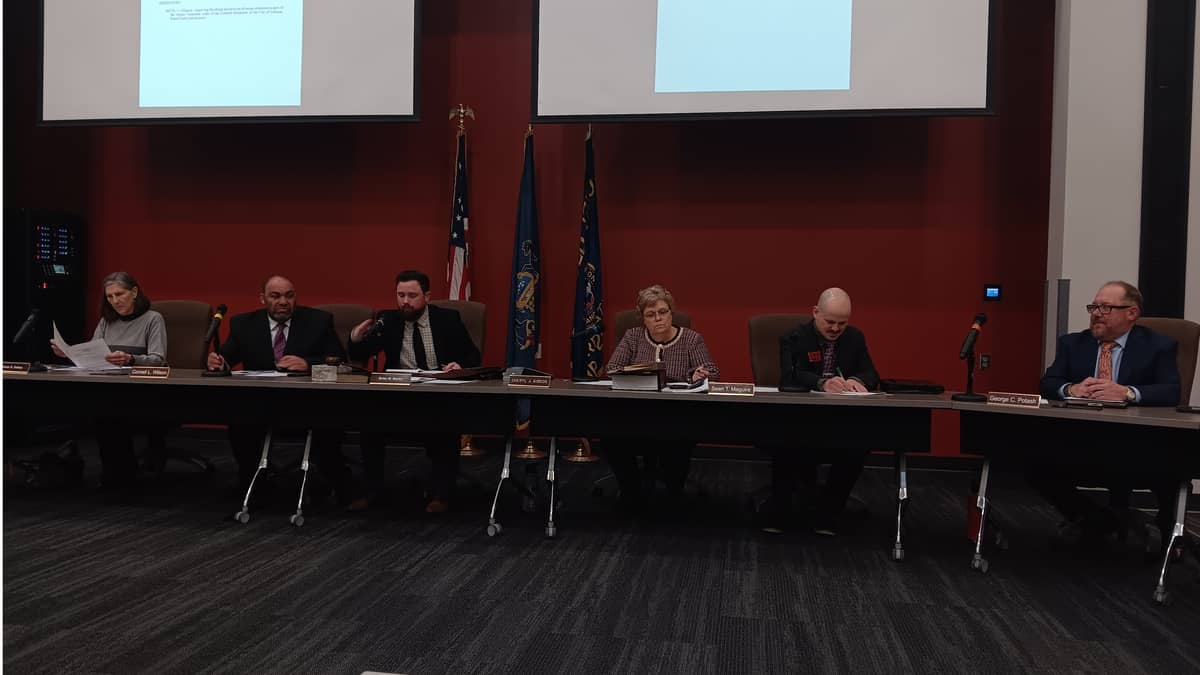This column was submitted to LebTown. Read our submission policy here.
The COVID-19 pandemic has significantly changed the way we live our lives, the ways we communicate, and the ways work and school happen. In the spring of 2020, none of us could’ve imagined the long-term scope of this global pandemic. What we may not have realized at that time was that our entire community, and in fact the entire world, were facing a collective trauma. Healthcare workers, teachers, parents, and social service workers served in some of the most distressing times of their career during the last two years.
Both personal stories and research findings agree on the fact that the pandemic and all that is wrapped up with it have had a significant impact on mental health and well-being. Healthcare workers have faced staffing shortages, maxed out resources, the helplessness that goes along with treating a virus that we knew little about, and divisive rhetoric about the tools available to combat this virus.
Teachers, at the drop of a hat, had to totally change the ways that they were providing instruction and find ways to navigate an educational experience while also fearing for their health and safety and that of their students. Parents of young children have had to figure out a way of life that is constantly changing and find ways to explain all of the scary things that are happening in the world to very young minds who are looking to them for guidance and reassurance. These are challenging times, and it is the long-term nature of this pandemic that truly wears on our strengths and capacity to endure it.
At the beginning of this community trauma, Lebanon County was awarded a Community Violence Prevention grant. One of the features of this Grant was to create access to no cost mobile trauma therapy. This trauma therapy access will conclude in the fall of 2022. Community Health Council is announcing a final push for this free mobile trauma therapy. The COVID-19 pandemic had social and mental health impacts, but our community has tools to combat them.
The goal in providing access to this mental health support service was to provide an immediate intervention to help interrupt the cycle of trauma in our community. Even prior to the COVID-19 pandemic students in Lebanon county schools reported higher than average rates of depression, sadness, and other factors related to mental health and well-being compared with state-wide averages (PAYS, 2017). Access to mental health services and support that was trauma informed and evidence-based was extremely limited in our community. What’s more, many people feel that there is a stigma associated with getting therapy.
The fact is that when someone offers that therapy could be useful, they are not saying that there is something so wrong with you that you need professional help. Rather, what they are saying is that you are a person who is worthy of having an impartial and dedicated support system to help you navigate life’s challenges. I do not know a single person who does not want or need that.
There has never been a time in our history when our community was more in need of this type of support system. Anyone who is interested in taking advantage of this free service can make a self-referral, or have a related provider make a professional referral through the Community Health Council‘s website.
Ali Perrotto is CEO of the Sexual Assault Resource & Counseling Center (SARCC).

























